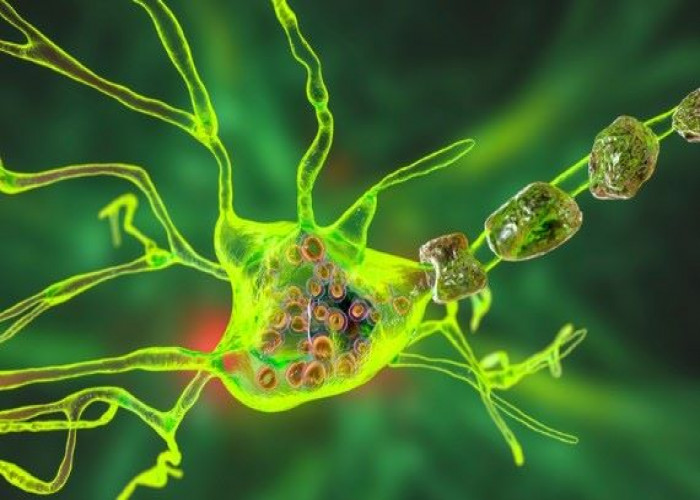 Welcome
Welcome
“May all be happy, may all be healed, may all be at peace and may no one ever suffer."
Inherited metabolic disorders
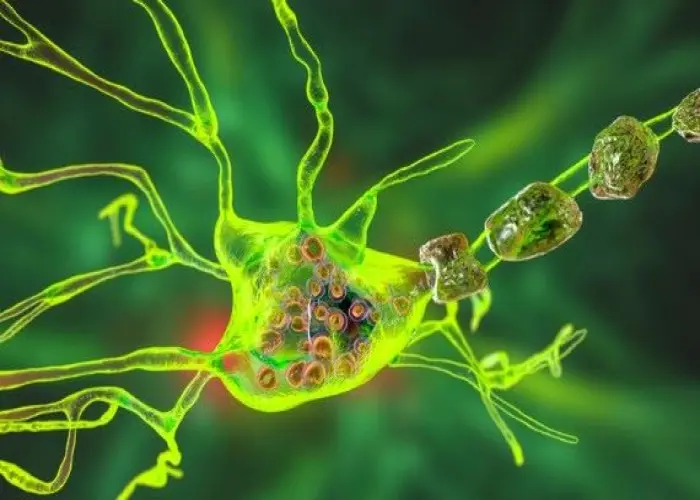
Inherited metabolic disorders are a group of genetic conditions that affect the body's ability to process and utilize nutrients, resulting in an abnormal buildup or deficiency of certain substances in the body. These disorders are caused by mutations in genes that control the production or function of enzymes or other proteins involved in metabolism.
There are many different types of inherited metabolic disorders, each with its own unique set of symptoms and complications. Some examples of inherited metabolic disorders include:
- Phenylketonuria (PKU): a disorder that causes a buildup of the amino acid phenylalanine, which can lead to intellectual disability, seizures, and behavioral problems if left untreated.
- Tay-Sachs disease: a disorder that causes a buildup of a fatty substance called ganglioside in the brain and nervous system, resulting in progressive neurological deterioration and early death.
- Gaucher disease: a disorder that causes a buildup of a fatty substance called glucocerebroside in the liver, spleen, and bone marrow, leading to enlargement of these organs and bone pain.
- Wilson disease: a disorder that causes a buildup of copper in the liver, brain, and other organs, leading to liver disease, neurological symptoms, and psychiatric problems.
Diagnosis of inherited metabolic disorders typically involves a combination of genetic testing, biochemical testing, and clinical evaluation. Treatment for these disorders may involve dietary restrictions, enzyme replacement therapy, medications, or other supportive measures.
Early diagnosis and treatment are important for improving outcomes and preventing complications in people with inherited metabolic disorders. Genetic counseling may also be recommended for individuals and families affected by these disorders to help them understand the condition, its inheritance patterns, and their options for family planning.
Research Papers
Disease Signs and Symptoms
- Genetic problems
Disease Causes
Disease Prevents
Disease Treatments
Disease Diagnoses
Disease Allopathic Generics
Disease Ayurvedic Generics
Disease Homeopathic Generics
Disease yoga
Inherited metabolic disorders and Learn More about Diseases
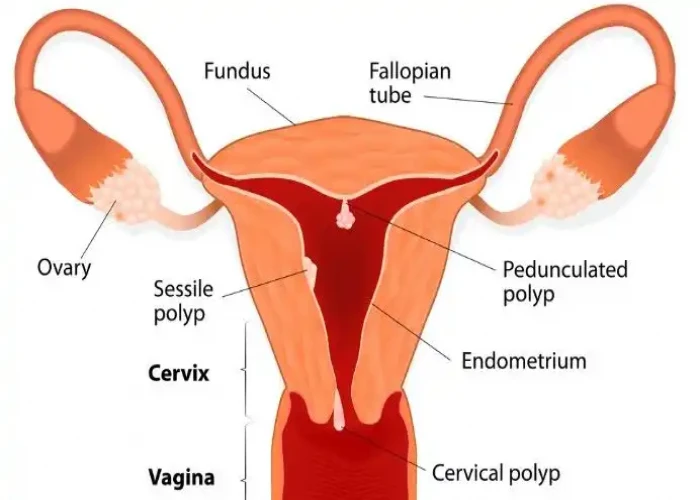
Uterine polyps

Oppositional defiant disorder (ODD)
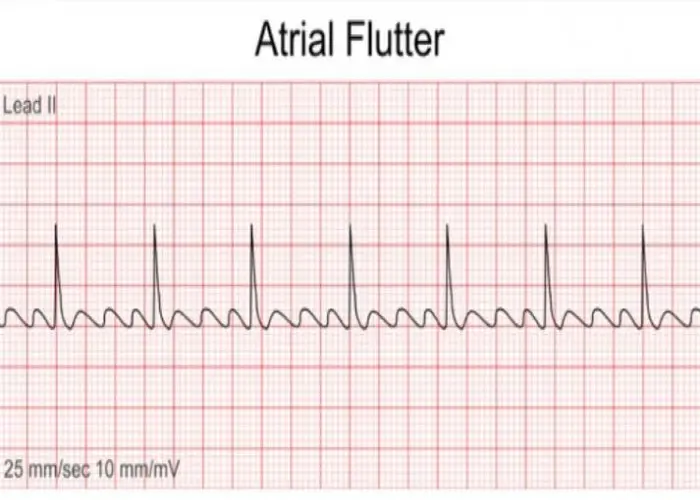
Atrial flutter

Ocular rosacea
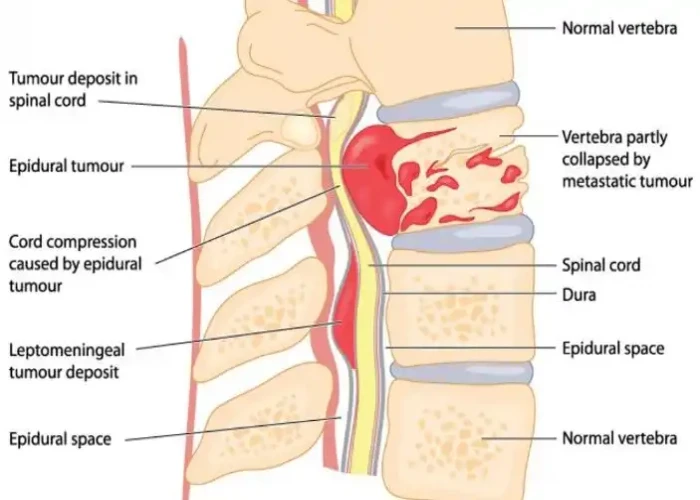
Vertebral tumor

Seizures
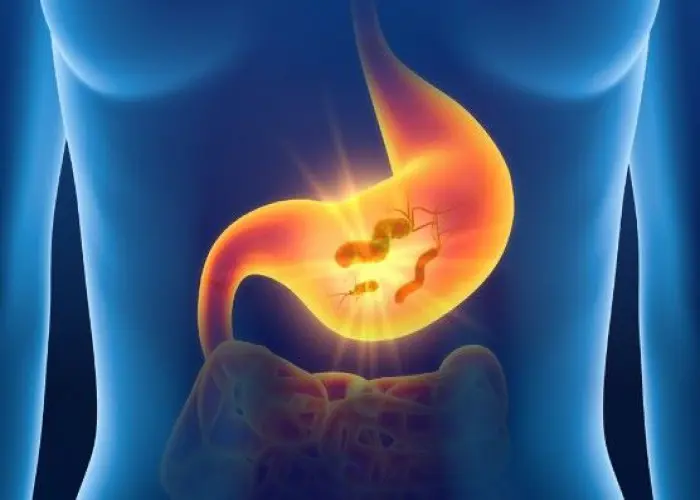
Gastritis

Dilatation of Stomach
inherited metabolic disorders, উত্তরাধিকারসূত্রে বিপাকীয় ব্যাধি
To be happy, beautiful, healthy, wealthy, hale and long-lived stay with DM3S.
